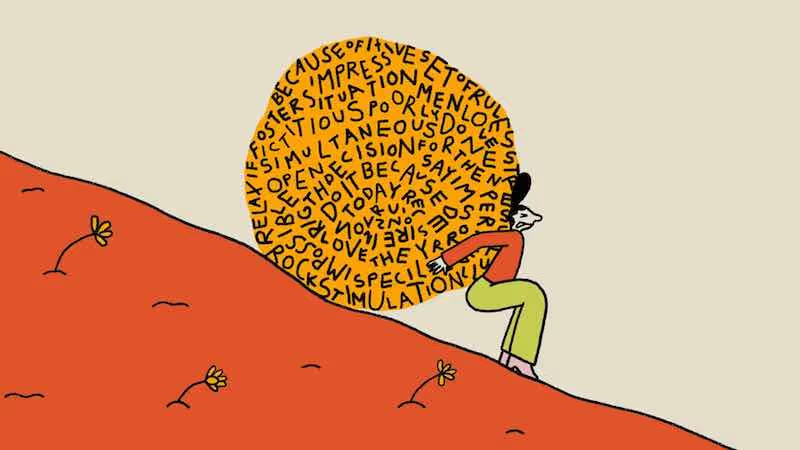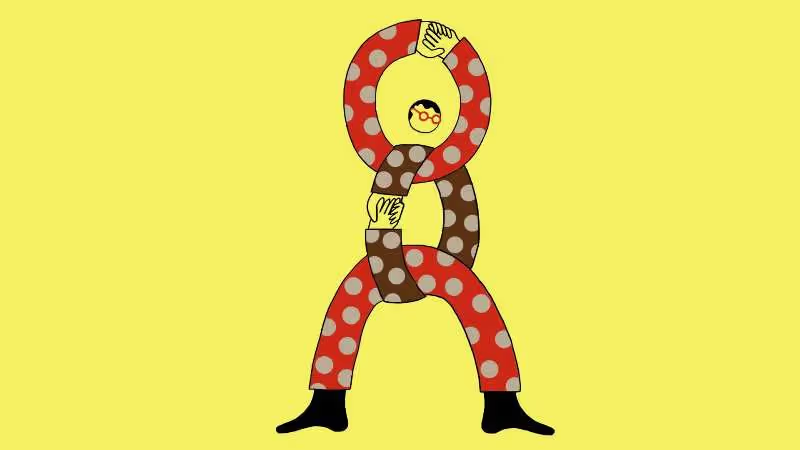Esther answers a user question about gender expectations from a reader in Denmark.
“Why does gender still play such a defining role in our society?” – Nicolas, Copenhagen, Denmark
One of the oldest origin stories in our culture lays the ground for our binary system of gender: Adam and Eve. The Old Testament set up this duality of man and woman. And old stories are deeply rooted in us.
From the very moment a woman is pregnant, we ask: is it a boy or a girl? We create two categories with very little room for anything outside of these prescribed definitions.
My colleague Jean Malpas who studies transgender children, and will speak about his work on the TED stage in May, explains that gender is one of the fundamental ways we humanize each other. By assigning gender we turn something abstract (a fetus) into a concrete concept that will accompany us throughout our entire life. Gender is the story. The story that culture has bestowed upon us – a legacy that comes laden with expectations. Expectations of how a man and a woman must be, must think, must act.
You and I know these stories well. For instance: men are described as rabid biological creatures always looking for a sexual outlet. But for women, it is expected that sexuality is more subjective, that desire is complicated and conditional. These are just a few of the narratives we have learnt. But if you look closely at yourself and the people you know, you will find these narratives are riddled with contradictions and that individuals are far more nuanced.
So what happens if you don’t meet the cultural narrative of your gender? If you are a woman who doesn’t like clothes shopping, for instance, or don’t use “feminine” gestures. What if you are a man who hates sports? You may feel in conflict. You may feel deficient, insufficient and incomplete.
So how do we approach gender today? One of the greatest challenges is that we have seen gender as being consistent with the body and the sex that we were assigned as a baby. But we are finally beginning to understand that gender is not an assignation, that biology is not destiny. Or as transgender man Sawyer DeVuyst aptly describes it: “Gender is who you go to bed as and sexuality is who you go to bed with.”
As I talked about in my Language of Gender piece, the gender revolution has arrived. We have a whole new lexicon to choose from. And with it, freedom for self-expression. So, let’s turn the page and create a new story for ourselves.
What stories about gender have you learnt that have accompanied you throughout life? In what ways have they shaped, helped or hindered you? I would love to know your thoughts.






.svg)





